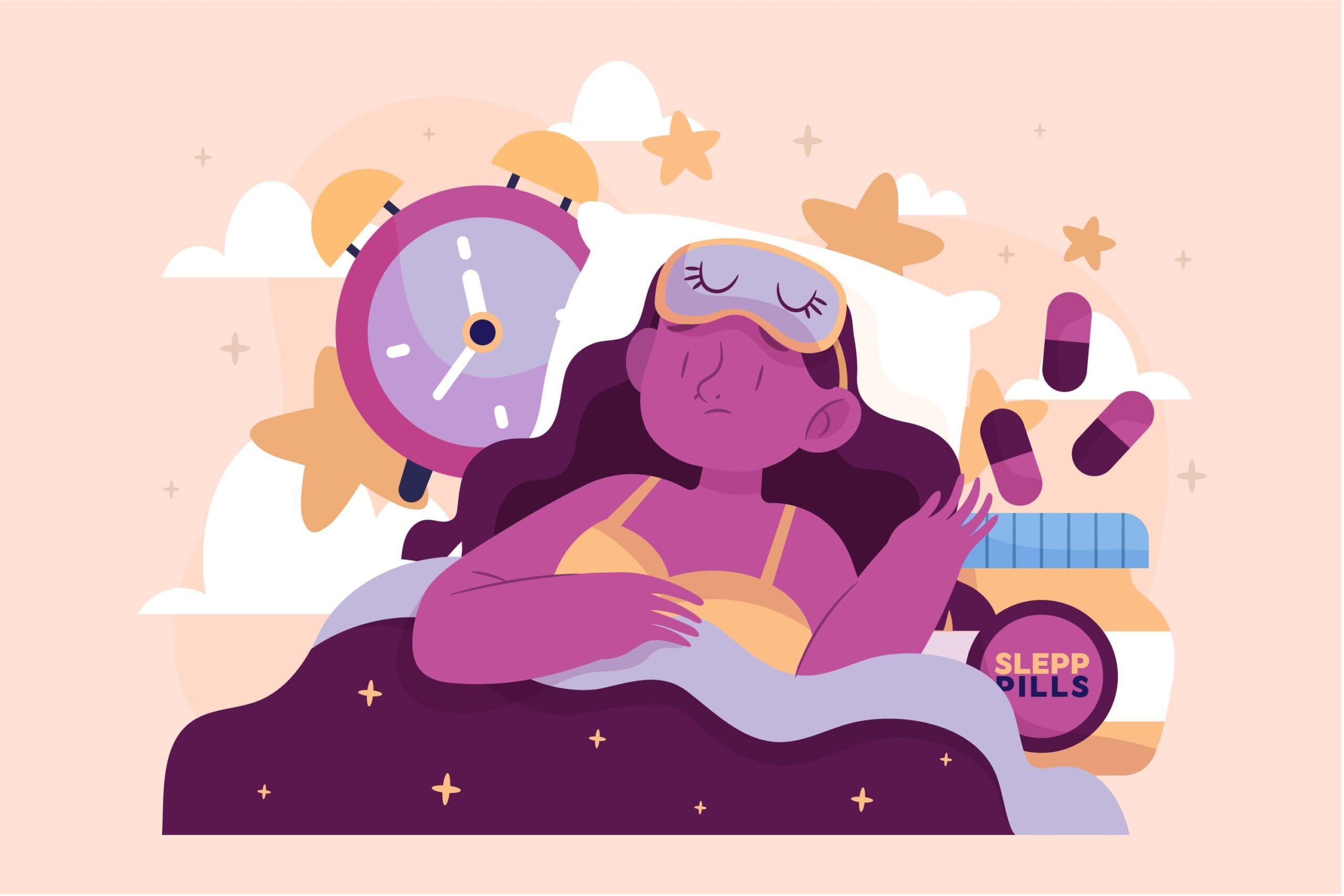Let’s be real. Most people hear “keto” and think one thing: weight loss. And sure, that’s a big reason people try it. But if you ask anyone who’s actually stuck with keto for months or years, they’ll almost always tell you the same thing:
“I came for the weight loss, but I stayed for the ___.”
What’s that blank? That’s what this piece is for. I want to pull back the curtain and show you the non-scale wins—the surprising, life-changing stuff that convinces people to keep going long after the initial pounds drop. Ready? Let’s dive in.
1) You say goodbye to brain fog
You know that afternoon haze — the 2 or 3 PM slump where your brain feels like it’s wrapped in cotton? You grab another coffee, but it’s only a short fix. Sound familiar?
That’s often the blood-sugar rollercoaster. Your brain, running on glucose, gets these quick bursts of fuel. It’s like feeding it paper: bright flare, then ashes. Ketones, on the other hand, are like a slow-burning log on the fire. They give steady, even heat for hours.
So what does that feel like? Less fuzzy thinking. More sustained focus. You might find tasks that used to feel draining suddenly become manageable. You read better. You remember names better. You actually enjoy work instead of enduring it. That clarity is a huge reason people don’t go back.
2) The end of the 3 PM energy crash
This one’s different from brain fog — it’s about your body, not just your head.
Picture this: you eat a carb-heavy lunch, then an hour later you’re begging for sugar or a nap. That’s an insulin spike followed by a crash. It’s your body reacting to a quick fuel dump.
When you’re in ketosis, you’re not tied to the timing of your last meal. Your body has access to a massive, 24/7 fuel tank: stored body fat. So your energy becomes steady. Not jittery, not buzzed. Calm, reliable, “I can handle the rest of the day” energy.
Imagine running on a rechargeable battery that rarely needs topping up — versus running on single-use AA batteries that die right when you need them. That steady battery changes how you schedule your day. Meetings aren’t torture. Workouts aren’t a slog. Even parenting later in the evening feels doable.
3) You finally get control over cravings
If cravings have ever told you what to eat, you’re not alone. Sugar cravings can feel like a seizure of the will: they hit hard, and everything else disappears until you cave.
Here’s the deal: fat and protein are far more filling than carbs. They don’t spike your blood sugar and they keep you satisfied for longer. When your blood sugar is stable, those panic-mode cravings fade. Hunger becomes a signal you can actually trust, not a siren that forces you into the nearest bakery.
That shift is surprisingly empowering. People tell me it feels like getting the keys to their own house back. You decide when to eat. You don’t eat because a craving bulldozed you. That control spills into other parts of life — shopping, social situations, how you plan your meals. It’s a mental freedom as much as a physical one.
4) The deeper stuff (handle with care)
Okay — time to put on my serious hat for a second. I’m not a doctor, and this isn’t medical advice. Always, always talk with your healthcare provider before using diet to manage any health condition.
With that out of the way: the blood-sugar stabilization we’ve been talking about matters. For people with insulin resistance or prediabetes, reducing carbs can be a powerful tool to help manage glucose and insulin. Some people also see improvements in triglycerides, HDL cholesterol, and markers of inflammation.
But—this is crucial—these effects aren’t automatic and they aren’t the same for everyone. Genetics, how you move, sleep quality, stress, and medication all play a role. If you’re on medication for diabetes or other conditions, keto can change how your meds work. That’s why clinical oversight is important.
So what does sticking with keto actually feel like?
The best way I can describe it: it’s the difference between sprinting and cruising. Sprinting (a carb-driven life) gives dramatic bursts and painful crashes. Cruising (a fat-powered life) gives steady motion and fewer surprises. Both get you places — but cruising is less exhausting.
And the benefits compound. Better sleep, fewer cravings, clearer thinking, steady energy — they build on each other. You feel wins that aren’t numbers on the scale. Those wins are what keep people going when the novelty wears off.
Some real, practical non-scale wins people report
- Waking up with clearer focus and fewer morning sluggish moments.
- Not needing an afternoon nap or two cups of coffee to survive the workday.
- Being less reactive to stress because energy feels more stable.
- Easier portion control, because meals are more satisfying.
- More consistent workouts, because energy doesn’t tank mid-session.
None of these are glamorous. But they change your daily life. And once you get a taste of that, the thought of going back to sugar-driven chaos feels… unappealing.
So here’s my honest ask: if you’re motivated mainly by weight loss, try to notice one non-scale win in the next week. Was your afternoon less foggy? Did you skip a snack and not obsess over it? Did you get through the day without a caffeine bailout? Those little wins add up fast.






